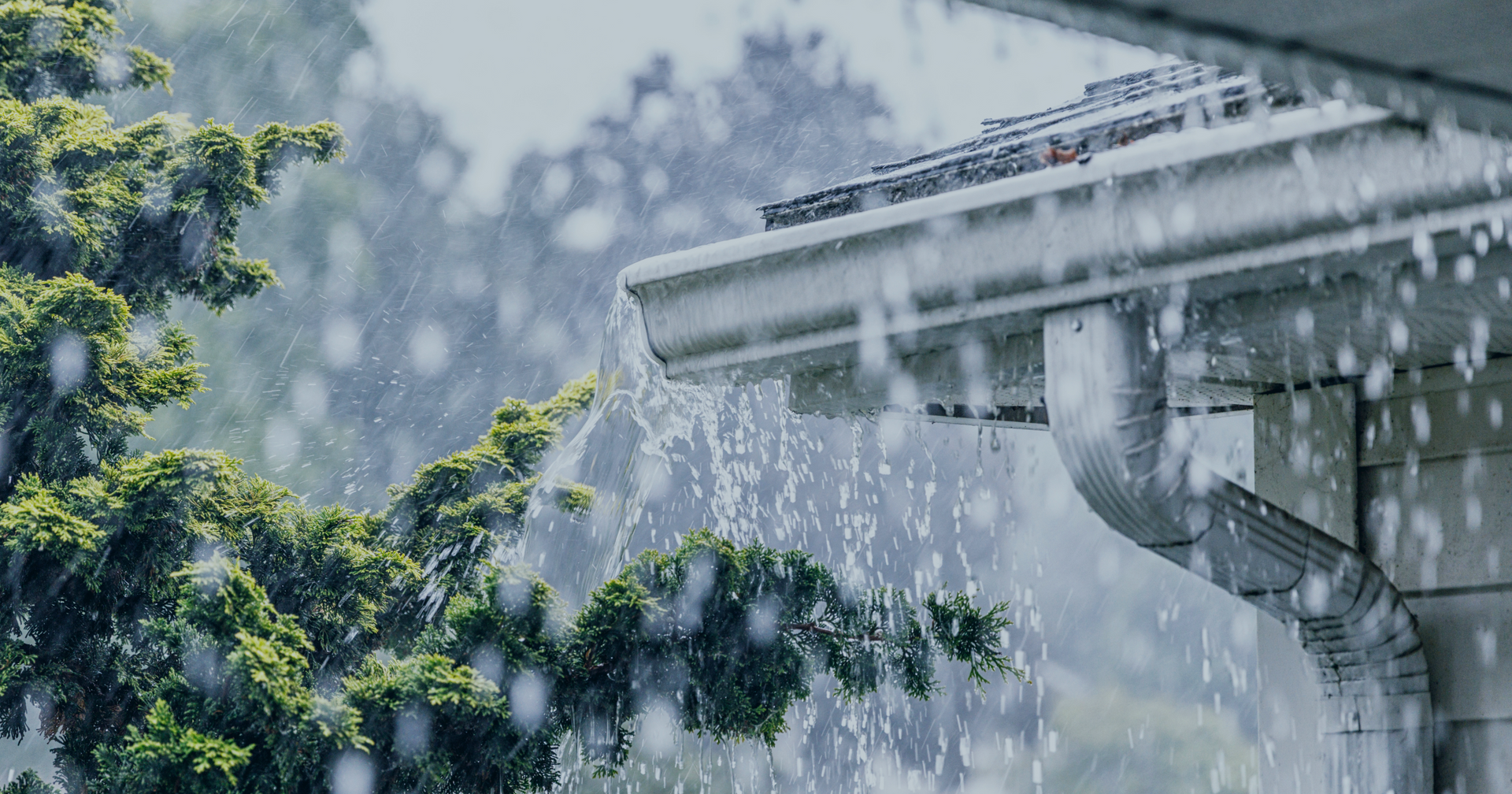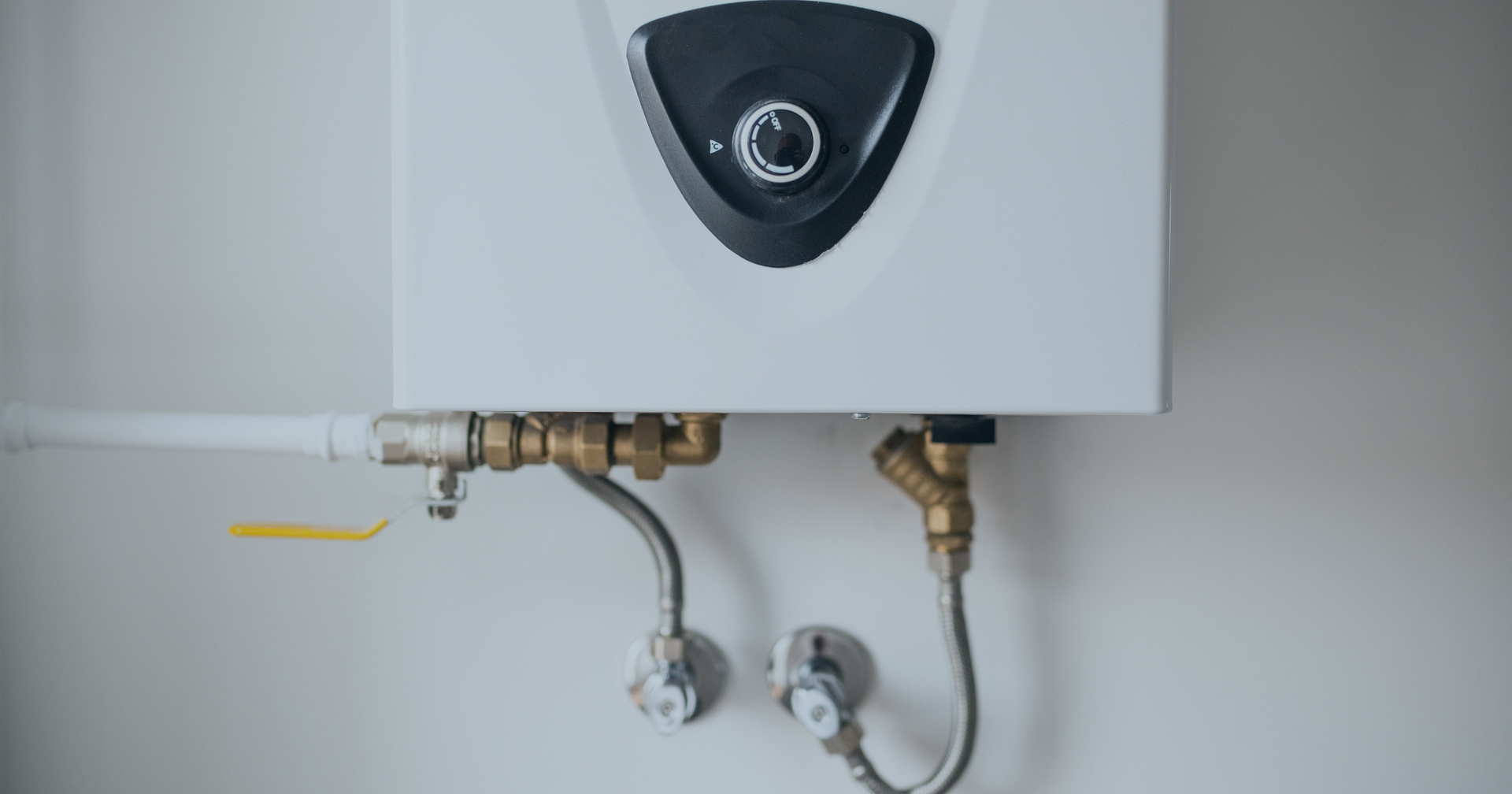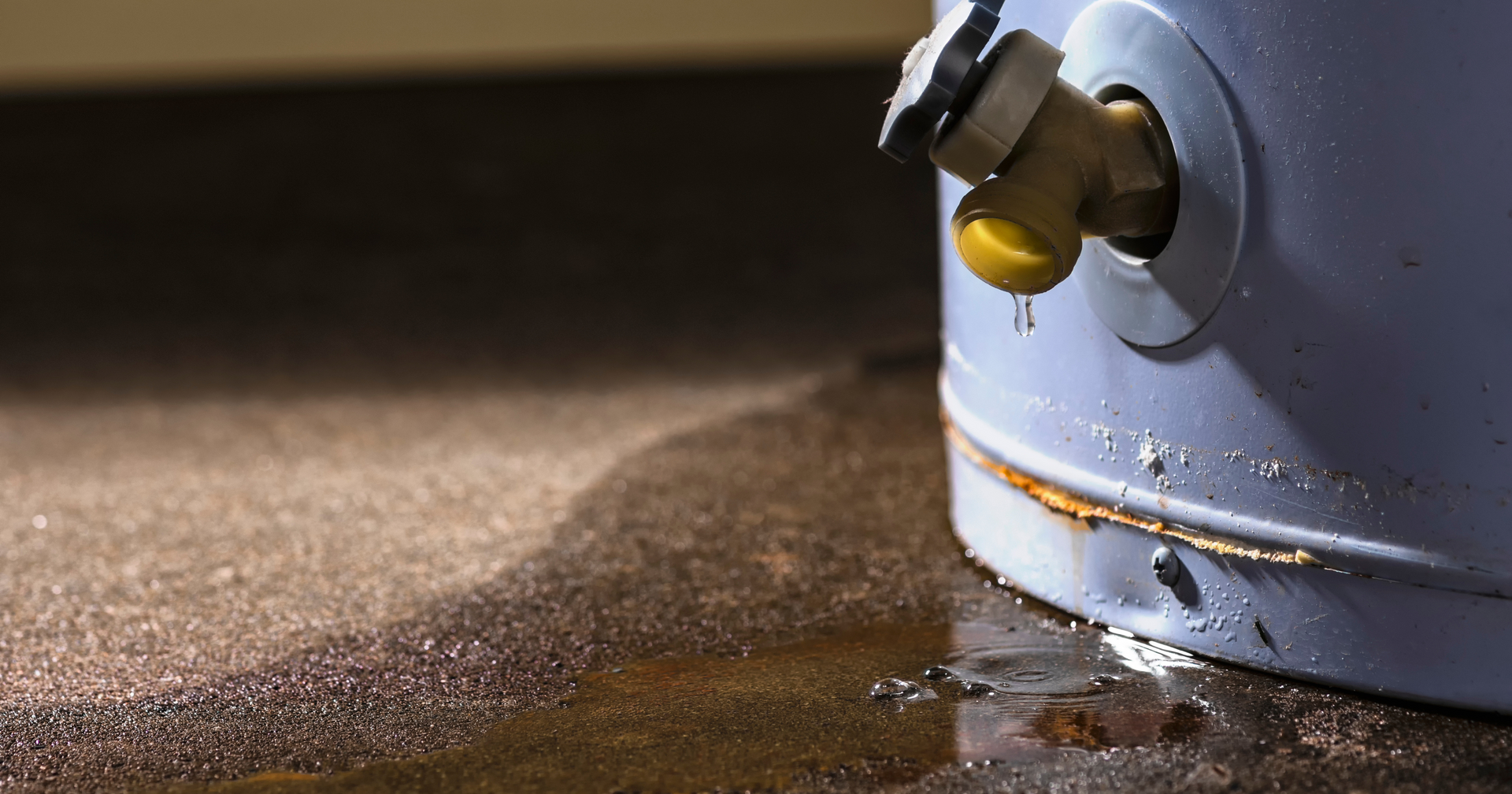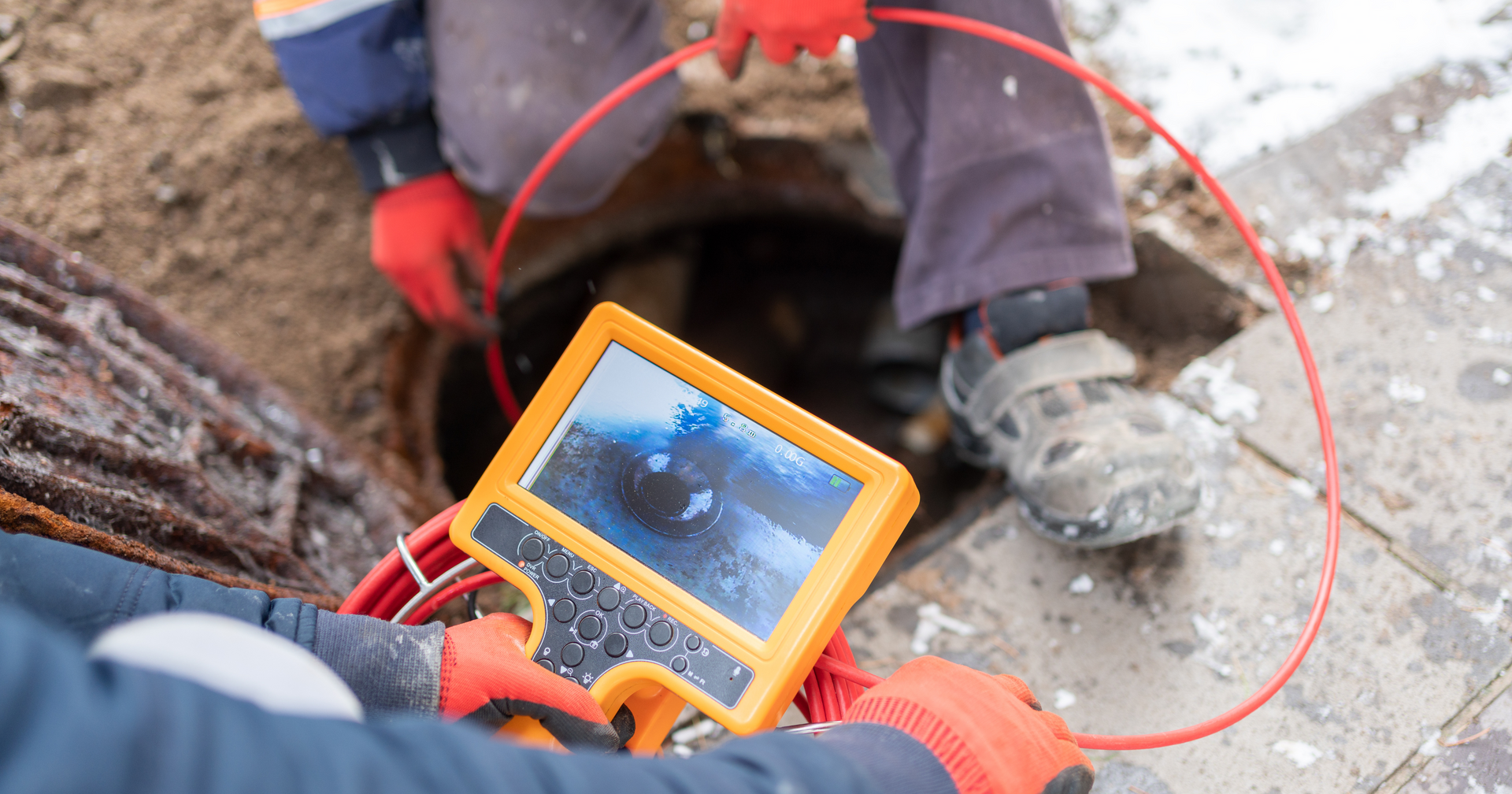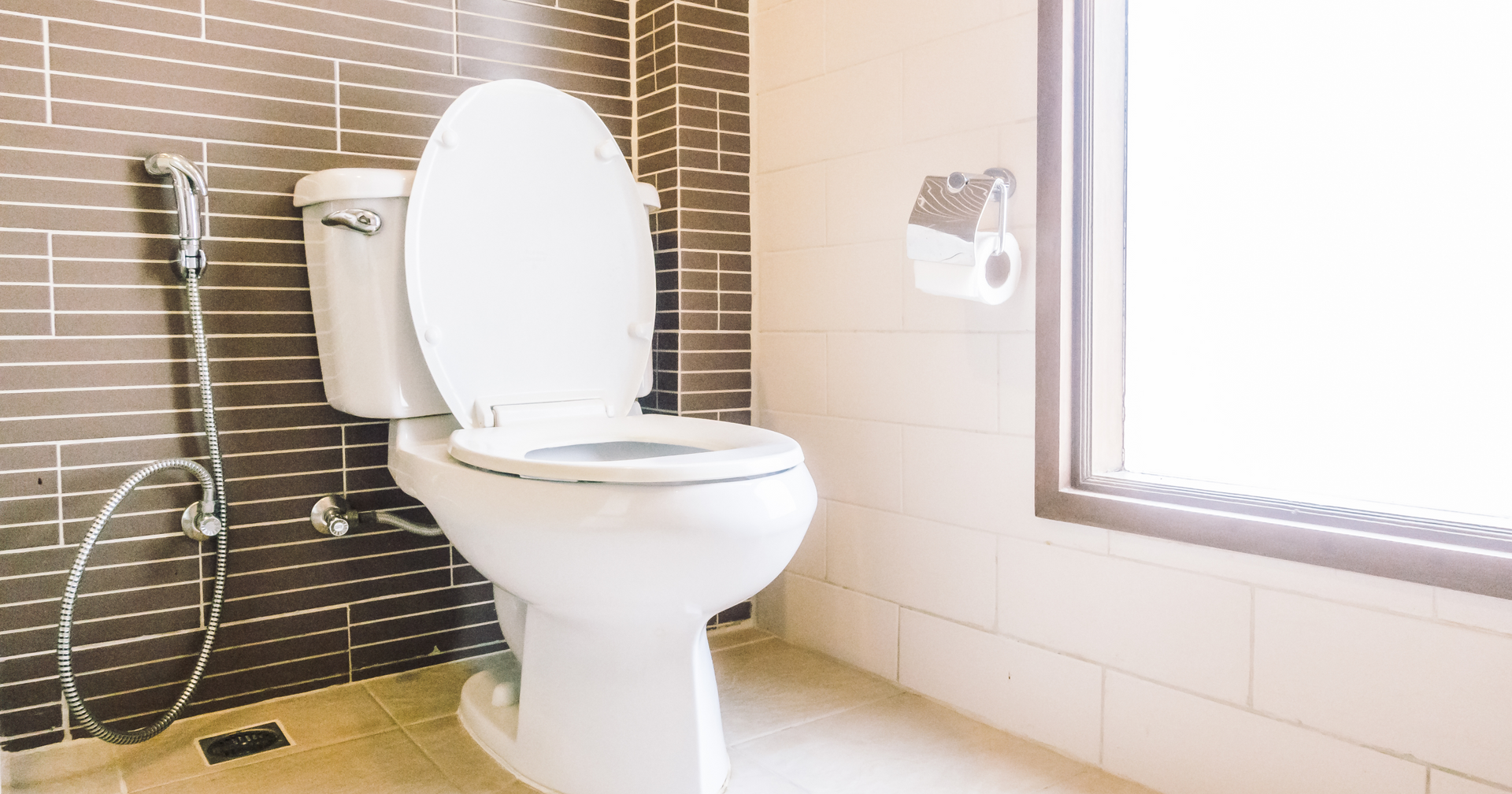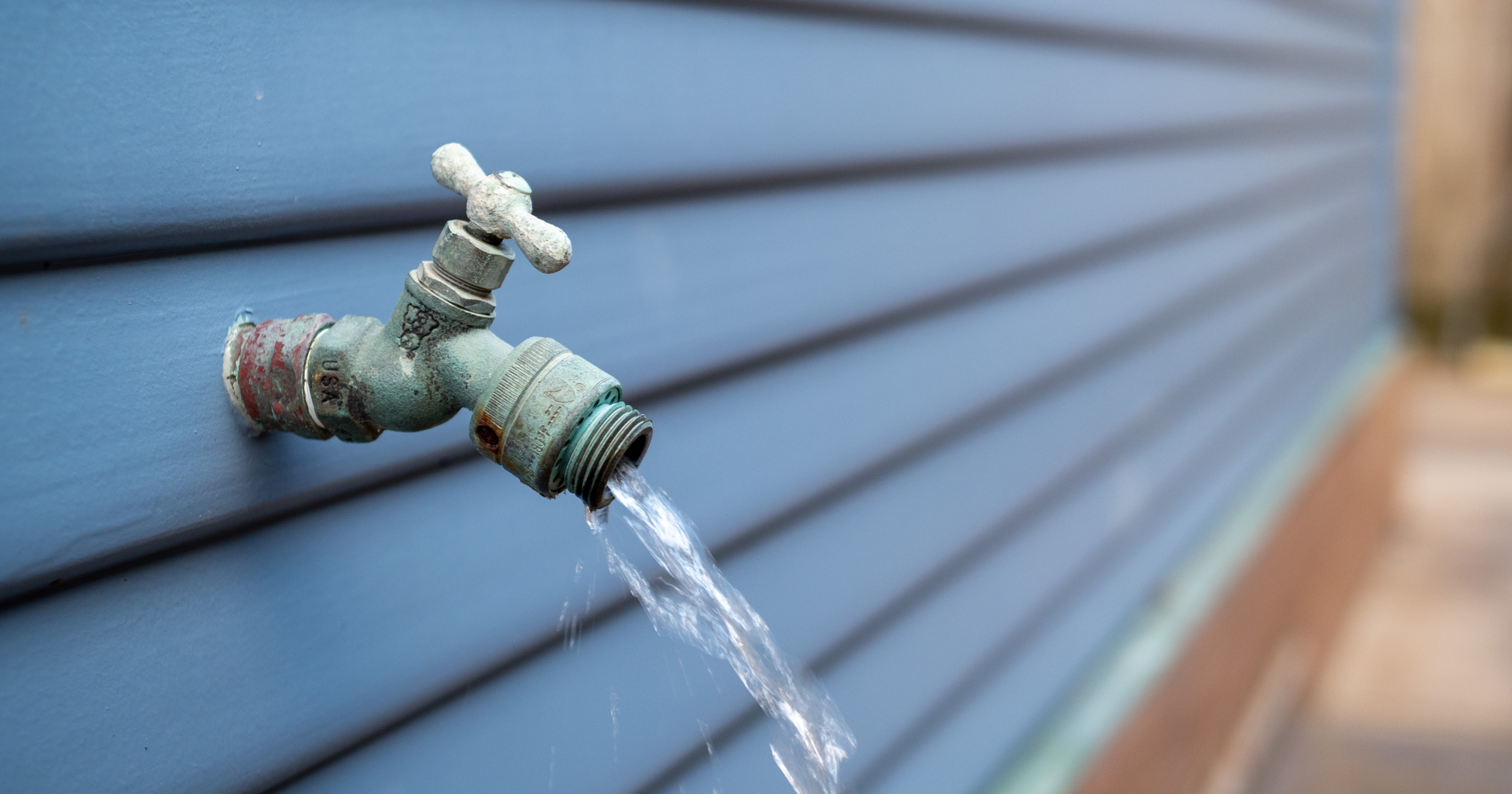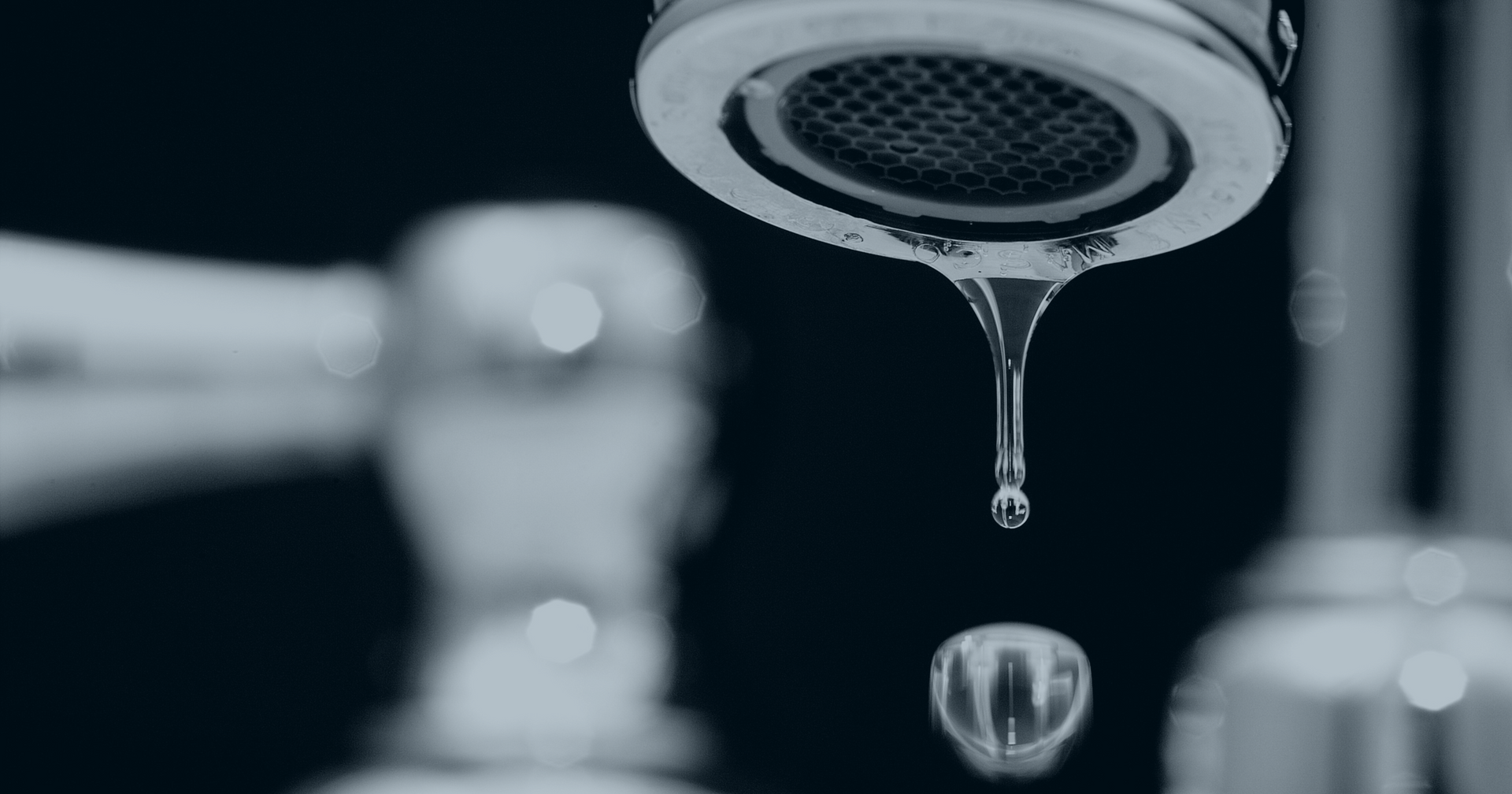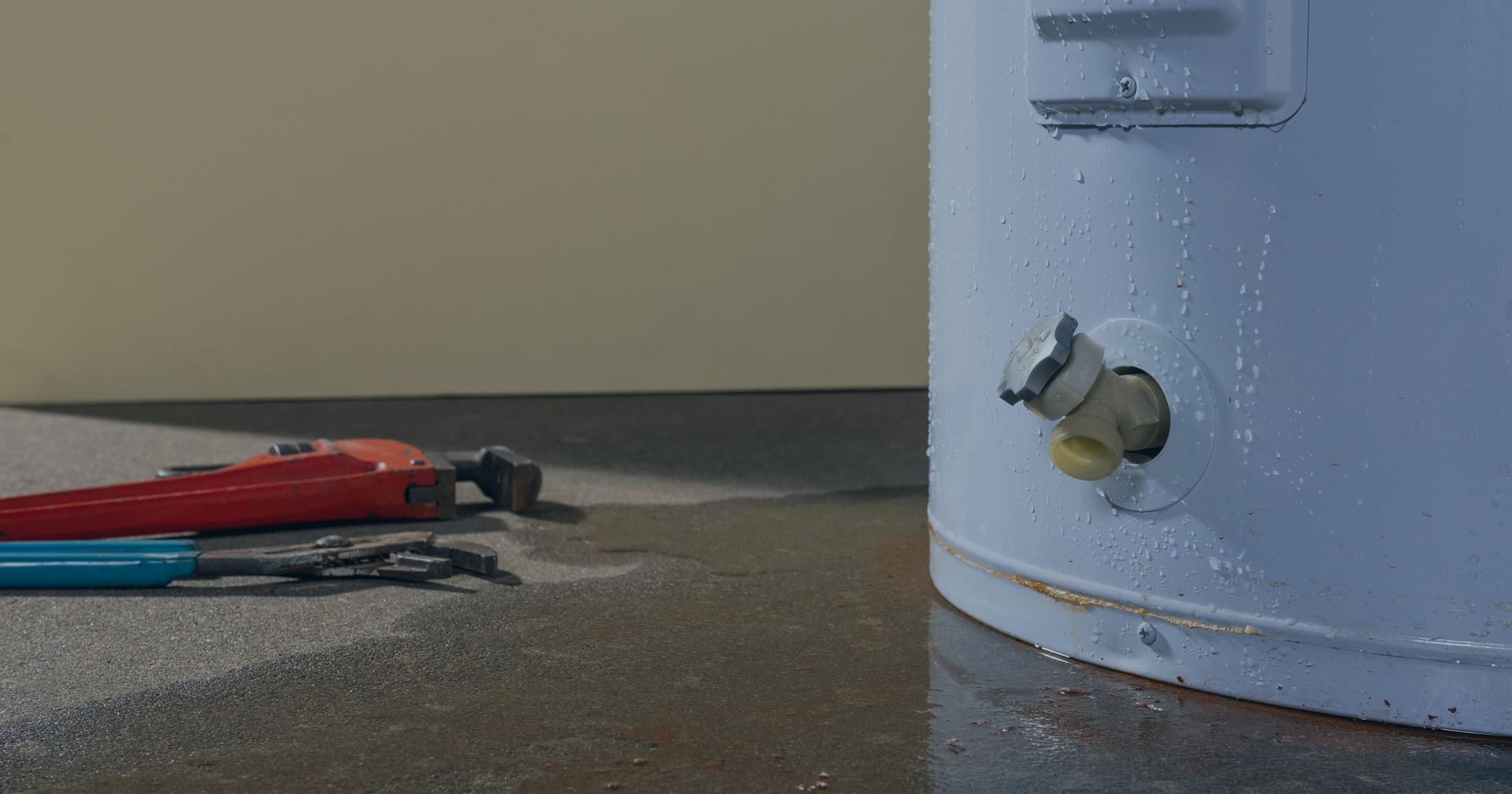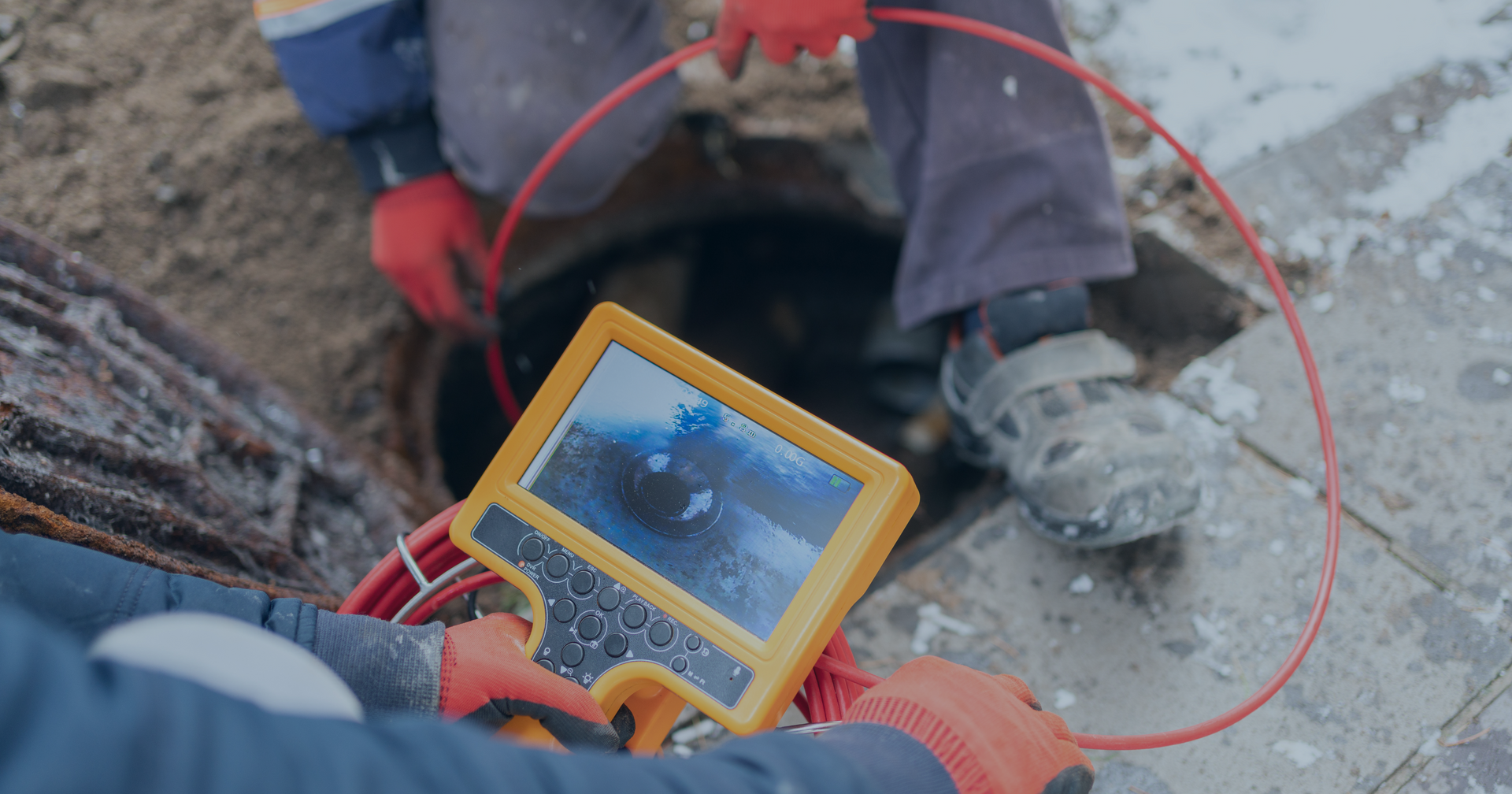The Science of Drainage: Preventing Sewer Line Backups
Practical Tips for Sewer Line Maintenance
When it comes to home maintenance, few issues are as unpleasant and potentially costly as sewer line backups. The inconvenience, mess, and expenses associated with sewer line problems can be overwhelming. However, understanding the science of drainage and taking preventive measures can save you from the headaches and expenses of sewer line backups.
The Anatomy of Your Home's Drainage System
To truly understand the science of drainage, let's start with a brief overview of your home's drainage system. Your plumbing system consists of a network of pipes that carry wastewater away from your home and into the municipal sewer system or septic tank. This system relies on gravity to move water and waste effectively.
The Critical Role of Slope
One fundamental aspect of drainage science is the importance of slope. The pipes in your plumbing system are strategically sloped to allow gravity to do the work. Wastewater flows downhill, away from your home, and into the sewer system. If the slope is not adequate or becomes compromised, water and waste can accumulate, leading to sewer line backups.
Preventing Sewer Line Backups
Now that we have a basic understanding of drainage science, let's discuss practical ways to prevent sewer line backups:
- Regular Inspections: Schedule regular plumbing inspections with a professional plumber from Ballard Plumbing. They can assess the condition of your sewer lines and identify any potential issues before they become major problems.
- Proper Disposal: Be mindful of what you flush down your toilets and drain down your sinks. Avoid flushing non-biodegradable items, such as baby wipes, paper towels, and feminine hygiene products, as they can clog your sewer lines.
- Grease Disposal: Never pour grease down the kitchen sink. Grease can solidify in your pipes, leading to blockages. Instead, let it cool and dispose of it in the trash.
- Tree Roots: Tree roots can infiltrate your sewer lines, causing damage and blockages. Regularly trim trees and bushes near your sewer lines and consider installing root barriers.
- Sewer Line Cleaning: Periodically have your sewer lines professionally cleaned. This can remove buildup and debris that may be narrowing your pipes.
- Upgraded Pipes: If your home has older plumbing, consider upgrading to modern, corrosion-resistant materials that are less likely to develop clogs and blockages.
Understanding the science of drainage is crucial for preventing sewer line backups in your home. By maintaining your plumbing system, being mindful of what goes down your drains, and seeking professional help when needed, you can protect your home from the inconvenience and expense of sewer line issues. If you have any concerns about your plumbing system or need assistance with maintenance or repairs, Ballard Plumbing is here to help. Contact us today!

